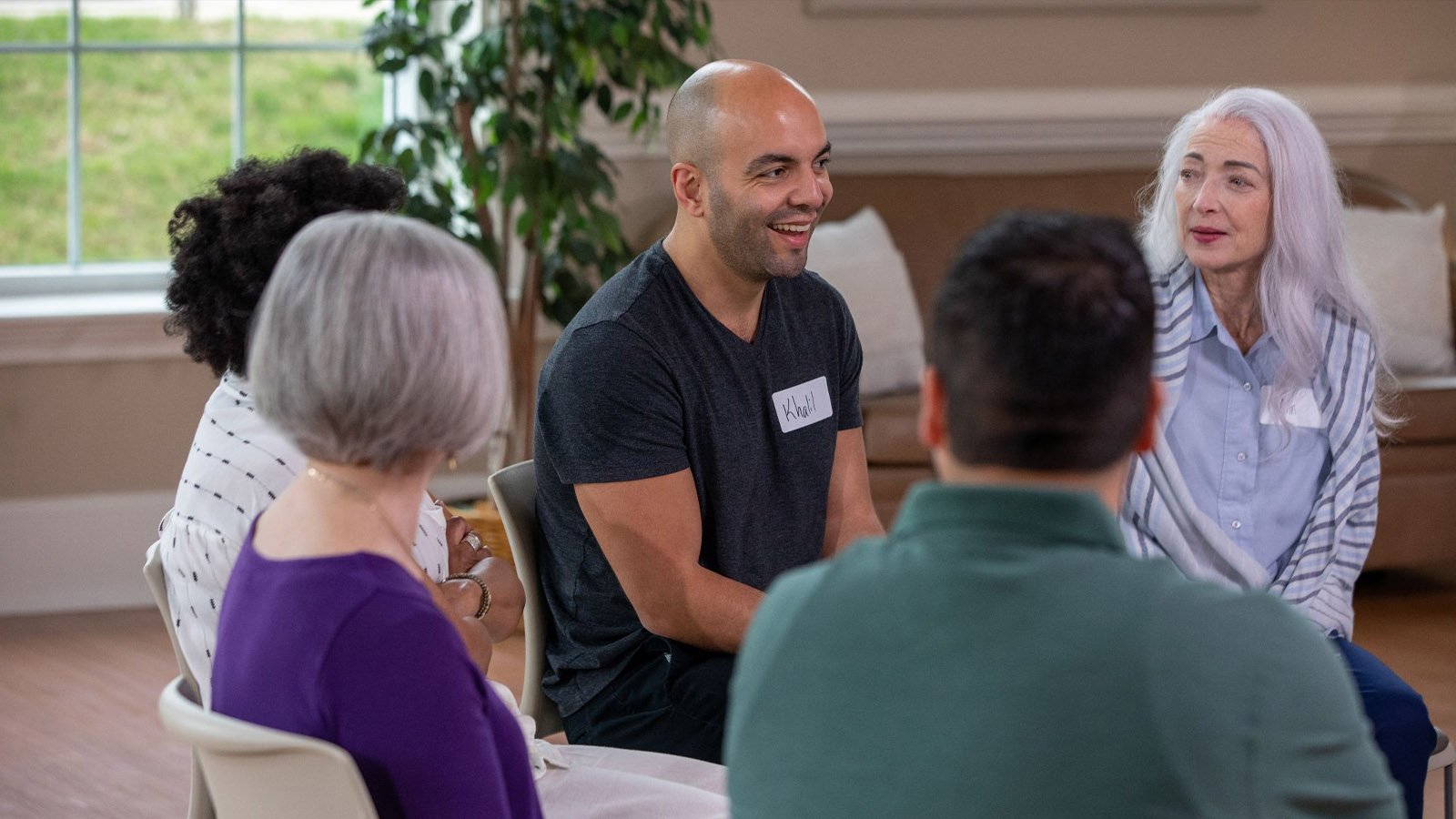Top Three Questions People in Grief Are Asking

Grief brings with it a flood of emotions—and a flood of questions. For someone who has lost a loved one, daily life can feel confusing, disorienting, and overwhelming.
If you are walking alongside someone in grief—whether as a pastor, lay leader, counselor, or caring friend—it helps to understand the kinds of questions that rise to the surface again and again. These questions aren’t theoretical or distant; they’re raw cries of the heart.
To better understand those cries, we surveyed more than 2,000 grieving people and GriefShare leaders. Their top questions became the foundation of the book Is My Grief Normal? 51 Questions People Are Asking About Loss.
This resource provides compassionate, biblically grounded answers to the daily struggles of the bereaved. While it serves grieving people directly, it can also help pastors and lay leaders understand what grieving people are struggling with most.
Here are the three questions grievers ask most often—and how knowing them can shape your ministry.
1. “What do I do now?”
After Walter’s daughter was stillborn, his wife whispered, “What is a mother without a child in her arms supposed to do?” Moments like these can leave a person paralyzed.
Counselor Dr. Edward Welch has observed that grief can be so heavy it immobilizes people. His encouragement: Focus only on the next small thing—pouring a glass of water, brushing your teeth, making a phone call.
For ministry leaders, helping grieving people see that it’s okay to take life moment by moment can lift the pressure they feel to do it all when they can barely manage today.
2. “When will I feel normal again?”
Loss turns life upside down. One of the deepest fears grievers voice is whether life will ever feel steady again.
Dr. Brad Hambrick explains that there isn’t one right way to grieve. Each person will move through loss differently, but there are some shared markers of healing—such as being able to face difficult emotions, adjust to life without the loved one, or offer comfort to others.
As a ministry leader, you can reassure your people: Feeling disoriented doesn’t mean they’re doing grief wrong. Experiencing confusing, sometimes overwhelming, disorienting emotions is common and to be expected as they walk through grief.
Grief doesn’t mean trying to forget, and healing doesn’t mean replacing the one who died. It can involve finding new ways to live with the loss.
3. “How can I prepare for when grief takes me by surprise?”
One grieving spouse compared it to hitting a patch of ice: one moment steady, the next moment on the ground. A smell, a song, or a date on the calendar can bring tears without warning.
The best way to prepare is to expect these moments—and to have a plan. Many find it helpful to carry a tool kit of Scripture verses, prayers, or a friend to call when a wave of grief hits.
Leaders can help normalize these triggers and remind people that while grief catches us off guard, it never catches God off guard.
See inside the book
You can view sample pages from the book and consider how this could be used in your grief ministry.
 A resource for the journey
A resource for the journey
The questions above are just three of the 51 addressed in “Is My Grief Normal?” 51 Questions People Are Asking About Loss.
This book can be given directly to a grieving friend, used in pastoral or counseling ministry, or kept on hand as a companion resource for anyone navigating loss. It’s designed to bring both biblical encouragement and practical wisdom—helping grieving people know they are not alone.
Equip yourself to provide comfort and hope. Order “Is My Grief Normal?” today and place it in the hands of someone who needs encouragement.


